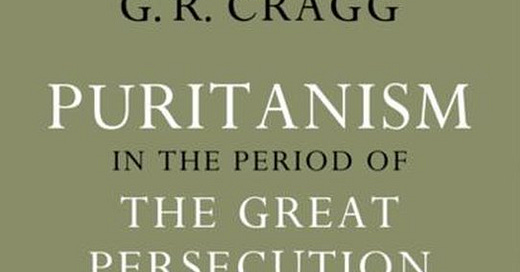“Though we stood in the snow, the sun shone upon us’: The Particular Baptists and the Great Persecution, 1660-1688
When Oliver Cromwell (1599–1658) passed from this world on September 3, 1658—the anniversary of two of his most important military victories, the Battles of Dunbar (1650) and Worcester (1651)–there died with him the hopes of a republican England. Nearly a decade earlier Cromwell along with other Puritan leaders had put Charles I (1600–1649), their monarch, on trial for treason and for fomenting the British Civil Wars, found him guilty and executed him. In place of the monarchy they had established a republic in which Cromwell had come to play the central role. But within eighteen months of Cromwell’s death, anarchic political conditions gripped the republic and one of Cromwell’s generals, George Monck (1608–1670) decided that the monarchy needed to be restored. At the head of his Coldstream Guards, the regiment he had created in the last years of the British Civil Wars, Monck entered London in February, 1660, and announced the restoration of the monarchy in the person of Charles II (1630–1685), the son of the previous monarch who was living in exile in France.
Keep reading with a 7-day free trial
Subscribe to Historia ecclesiastica: e-history with a Christian dye to keep reading this post and get 7 days of free access to the full post archives.




